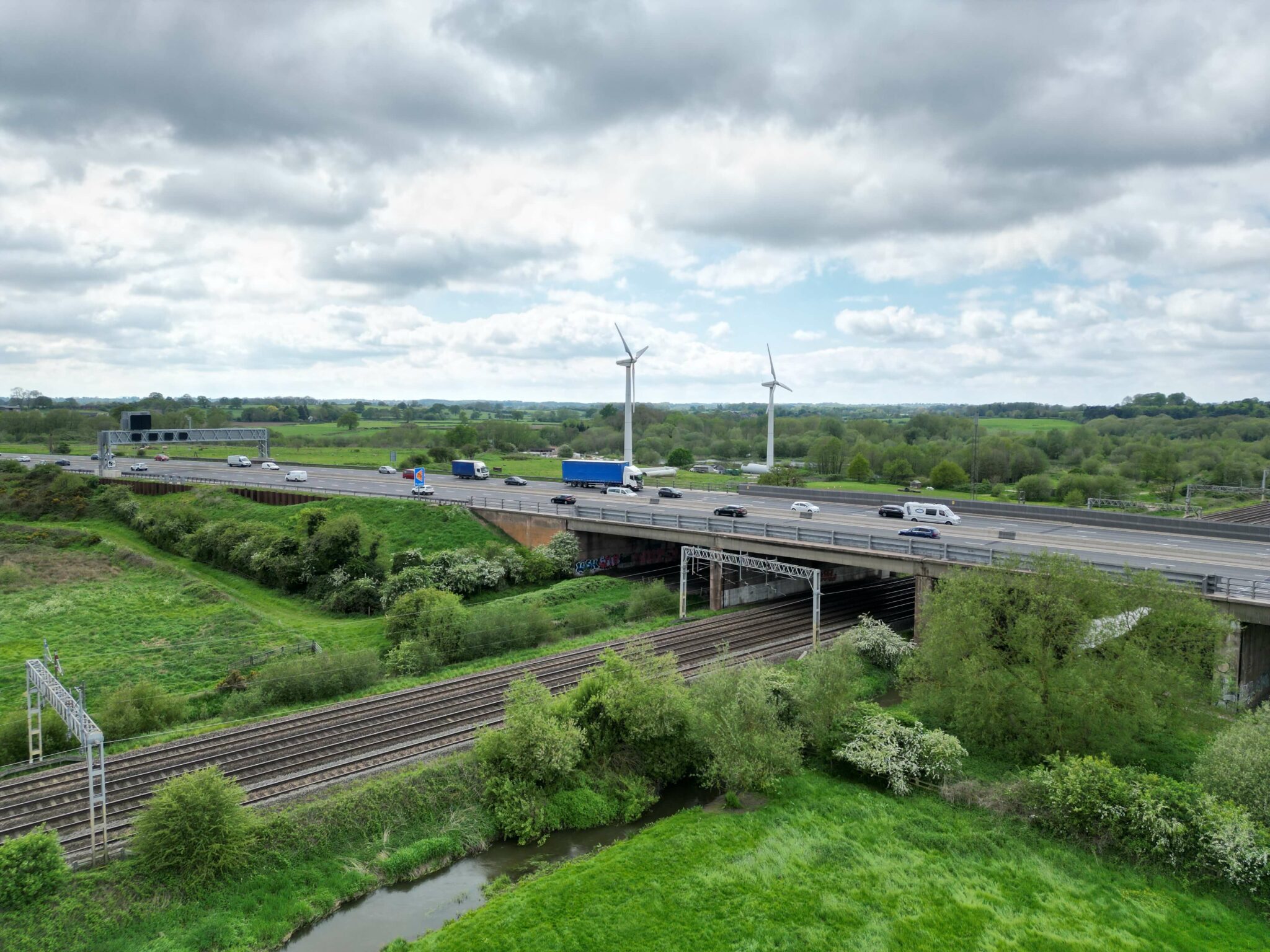
The UK’s failing infrastructure is a hot topic in the media, a source of frustration for the population and a significant challenge for the UK government.
The picture is extremely mixed.
Read the press one day and its possible to get an extremely positive view. New runways, the green lighting of the Lower Thames Crossing, wind farms, reservoirs and new towns suggest that the Government’s infrastructure plan might have some substance to it. However, if you’ve just burst a tyre in a pothole on the way to catch a train which is cancelled and when you get to your destination you find the beach is closed because of a sewage leak, you might take another view! For all the optimism, the small nuclear reactor programme is going nowhere, the electricity storage policies aren’t fit for purpose and the housebuilding targets are a fantasy.
The easy assumption is that this is just a money issue. Resources are finite, tax cuts are understandably unpopular and reductions in public services are politically difficult for Starmer and Reeves. However, the investment is there, not least because private sector investors in the UK and overseas like infrastructure projects as they balance portfolios. Money isn’t the real problem.
The problem is expertise.
It’s not a secret that the UK has lost the art of driving through large infrastructure projects. Look at HS2 and its easy to claim its problems were down to politicians, NIMBYs or money – and this is obviously true in part – but a significant issue was the capability of delivering projects on time and to budget. London 2012 is the last major infrastructure project delivered well, but that was a money no object exercise and time critical. The show must go on!
So, if the money is made available, how can the projects be delivered? One answer is to do what is currently happening which involves buying in expertise from abroad. France has proved itself to be a willing partner – they (mostly) ‘do infrastructure’ well – with EDF leading on Sizewell and Hinkley Point, VINCI driving Gatwick’s building programme and Bouygues building the LTC. The downside is that while the UK eventually gets the infrastructure it needs, the money heads elsewhere.
As an employee of a French business, you will not get any Francophobe sentiment from me, but it is inescapable that UK businesses need to rise to the challenge of winning, delivering and making a sensible return on the majority of these projects. Currently they are hampered by the same headwinds facing other industrial businesses – energy costs, supply chain issues post-Brexit, unavailability of skilled labour, etc. – but also by the critical lack of leadership talent to win bids, deliver projects, manage financials and return profits to investors. In many case businesses are at full capacity trying to deliver work they have already won, and lack the firepower and expertise to extend themselves. There is typically a Catch-22. We can’t win and deliver more work because we don’t have the talent available, but we can’t hire the talent until we increase the project flow.
Interim management provides a solution and can break the cycle of the Catch-22. By bringing is highly skilled and experienced executives capable of delivering at multiple stages in the project life cycle, a business can have on-call resources without committing themselves to long term employment costs. The pool of Interim Managers with skills in the field is strong in the UK, with many having completed projects on both a local and global scale.
At Valtus we have been supporting clients in infrastructure for many years, and expect to do more work in the coming years, not least because our French heritage gives us access to businesses from over there who are doing rather well over here. Supported by our network of highly skilled and rigorously vetted Interim Managers, we look forward to doing our bit to make political and public will into a tangible, viable reality.
Steve



